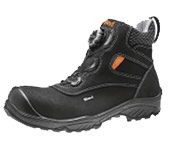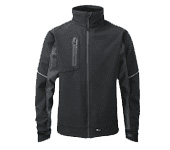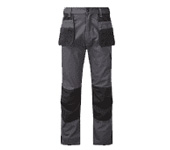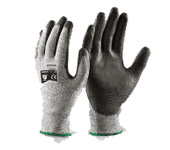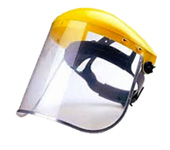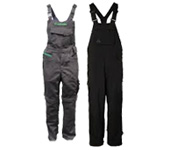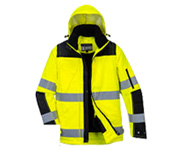Uncategorised
The importance of close fitting RPE & Fit testing
Respiratory Protective Equipment (RPE) is an essential tool for protecting workers from harmful airborne contaminants. RPE is designed to filter out dangerous particles and pollutants that can cause serious health issues, such as lung cancer, bronchitis, and emphysema. However, the effectiveness of RPE depends on the fit of the equipment.
Close-fitting RPE is critical for ensuring that the equipment can effectively filter out harmful particles. A poorly fitting RPE mask can allow contaminants to leak in and cause harm to the worker. In contrast, a close-fitting RPE mask will seal around the worker’s face and form a barrier against harmful particles.
To ensure that the RPE is properly fitted, workers should be properly trained on how to wear and adjust the equipment. This includes adjusting the straps and mask to fit snugly around the face and ensuring that there are no gaps around the edges of the mask. Employers should also provide regular fit testing to ensure that the equipment is still fitting properly as facial features may change over time.
Additionally, workers should be provided with the appropriate size of RPE equipment. A mask that is too small or too large will not fit properly and will not provide adequate protection. Employers should also consider providing different sizes and styles of RPE to accommodate workers with different face shapes and sizes.
In summary, close-fitting RPE is essential for protecting workers from harmful airborne contaminants. Proper fit training, regular fit testing, and providing the appropriate size and style of RPE are crucial for ensuring that the equipment is effective. Employers have a responsibility to provide their workers with the necessary equipment and training to ensure their safety and well-being in the workplace.
Many employers are unaware that they can arrange for fit testing to be done on-site at their location or in-store. This is a convenient and efficient option for employers as it eliminates the need for workers to travel to a separate location for fit testing.
DDHSS’s fit testing services include both qualitative and quantitative fit testing methods. Qualitative fit testing involves the use of a test agent, such as a bitter or sweet solution, to check for leaks around the mask. Quantitative fit testing involves the use of a machine that measures the amount of air that leaks around the mask. Both methods provide accurate results.
DDHSS’s fit testing services are performed by trained and certified fit testers who have the necessary knowledge and expertise to ensure that the RPE equipment fits correctly. They can provide the necessary documentation and records of the fit testing, which can be used to meet your compliance requirements.
If you would like to discuss this more or book this service please contact us on 01603 628891 or email us ar sales@ddhss.co.uk

